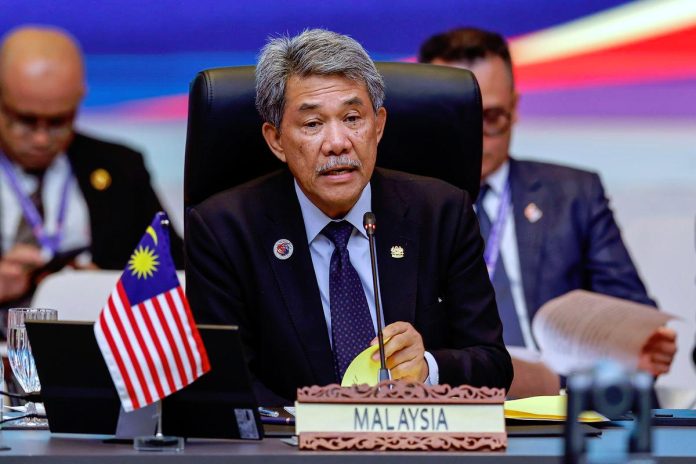KUALA LUMPUR: China has confirmed its readiness to sign the Southeast Asia Nuclear Weapon-Free Zone (SEANWFZ) Treaty without any reservations, Foreign Minister Datuk Seri Mohamad Hasan announced.
The development marks a significant step toward regional security cooperation.
Mohamad revealed that two to three other nuclear-weapon states have also reached out to Malaysia, the current ASEAN chair, to restart discussions on the treaty. While he did not name these countries, the engagement signals growing international interest in the agreement.
“This is a positive development,“ Mohamad told reporters after chairing the SEANWFZ Commission Meeting, held alongside the 58th ASEAN Foreign Ministers’ Meeting. Earlier reports indicated that China and Russia had shown willingness, while the US was still reviewing the treaty.
In another key decision, the meeting approved Timor-Leste’s formal accession to SEANWFZ, which will be officially announced at the 47th ASEAN Summit in October.
“We will also refine and strengthen our modus operandi because we want ASEAN member states to truly understand their roles. We also want the SEANWFZ bloc to establish relations with nuclear weapon-free zones in other regions.
“This is something we are pursuing so that we can establish common ground and discuss ways to ensure the world is free from the threat of nuclear weapons,” he said.
The SEANWFZ Treaty, also known as the Bangkok Treaty, was signed in December 1995 in Bangkok by ASEAN member states as a commitment to preserve Southeast Asia as a region free of nuclear and other weapons of mass destruction.
It came into force in March 1997.
SEANWFZ is one of five Nuclear Weapon-Free Zones (NWFZs) in the world. The other four are located in Latin America and the Caribbean, the South Pacific, Africa, and Central Asia. – Bernama








